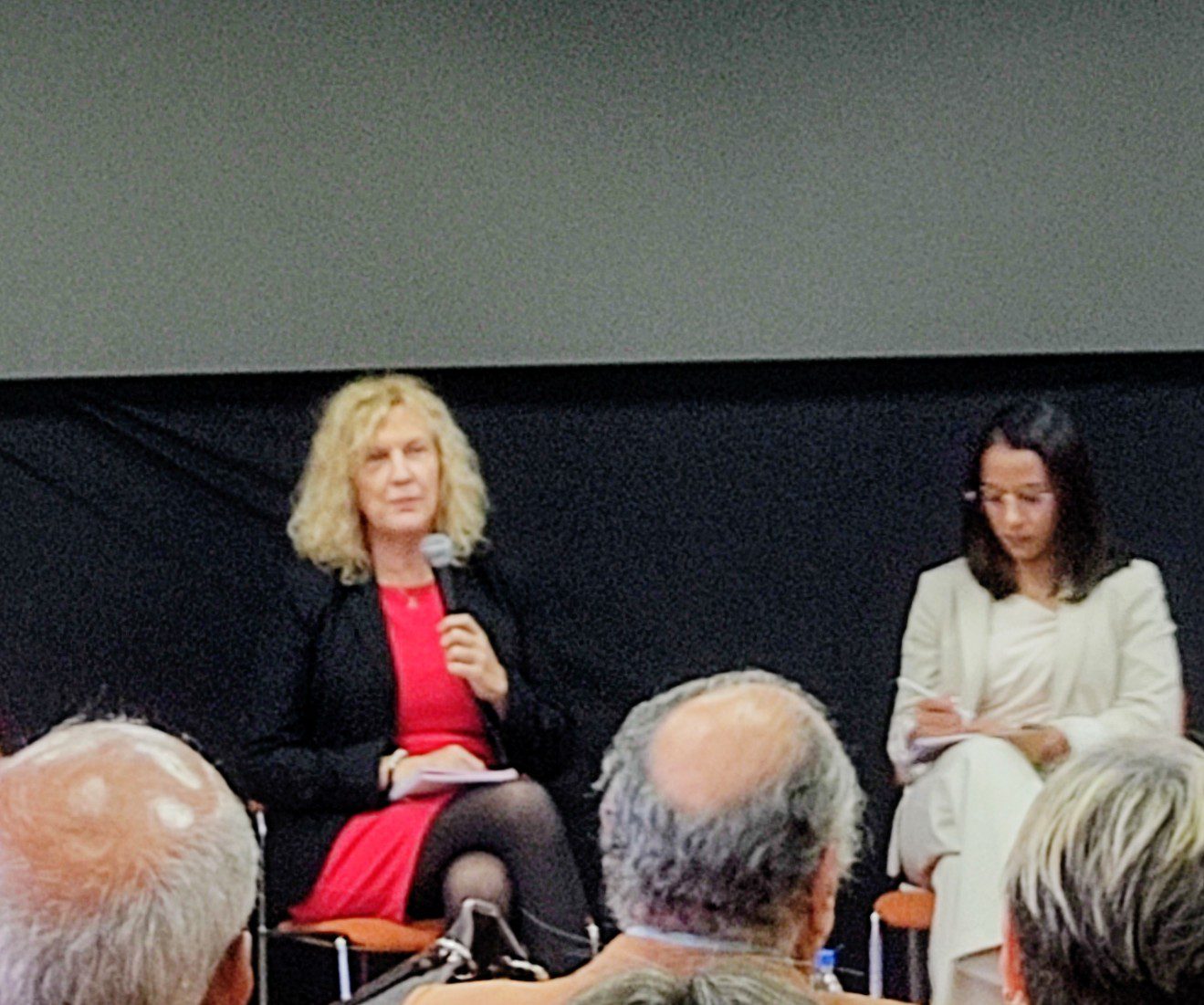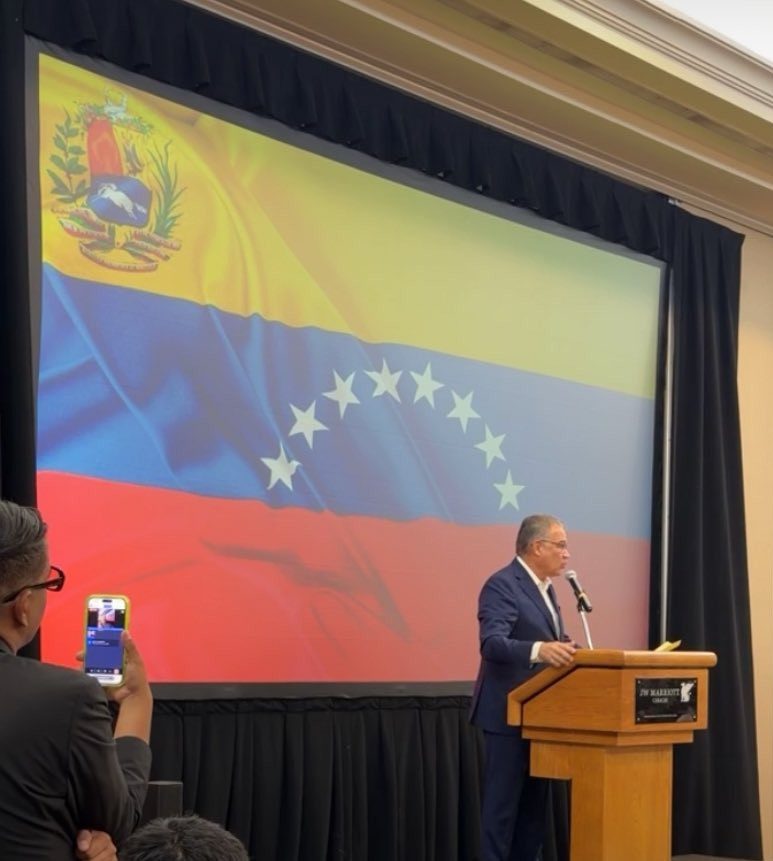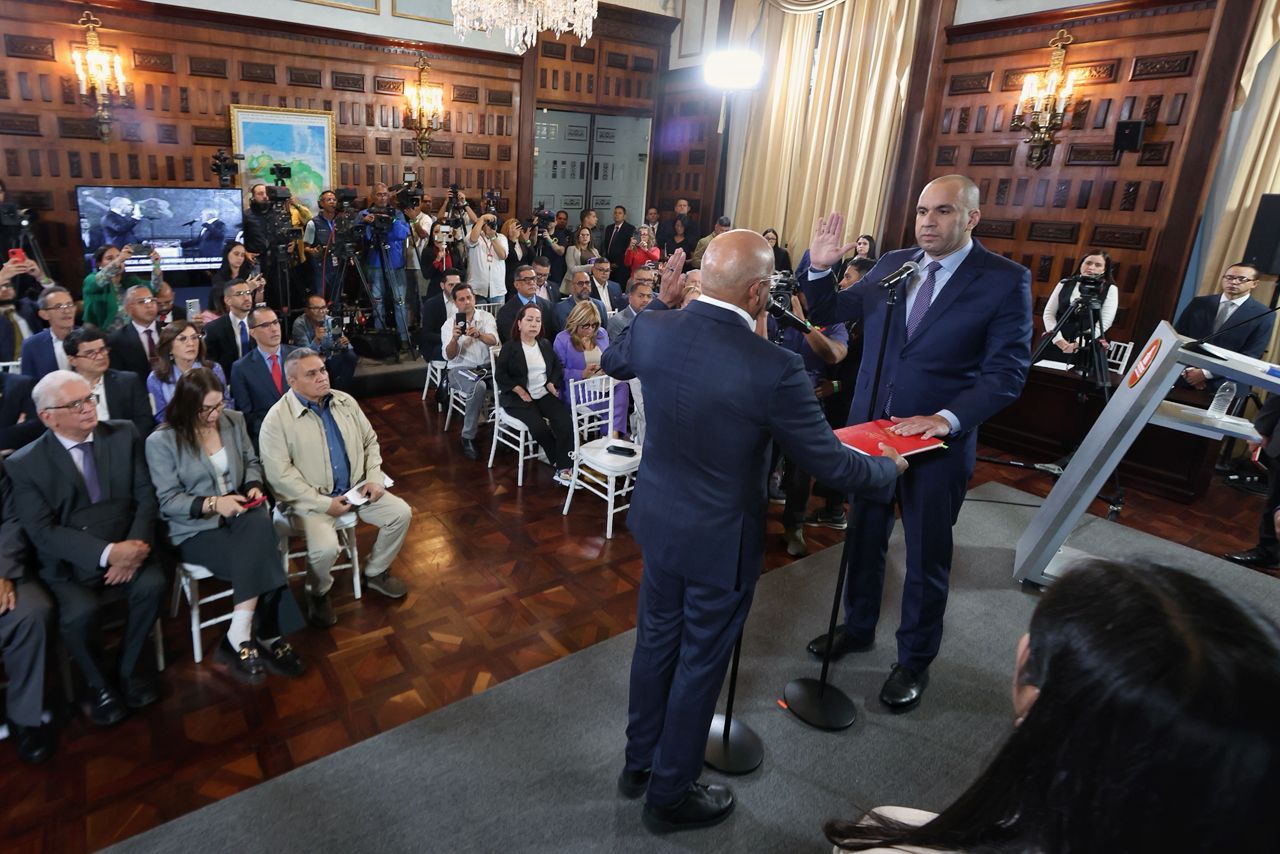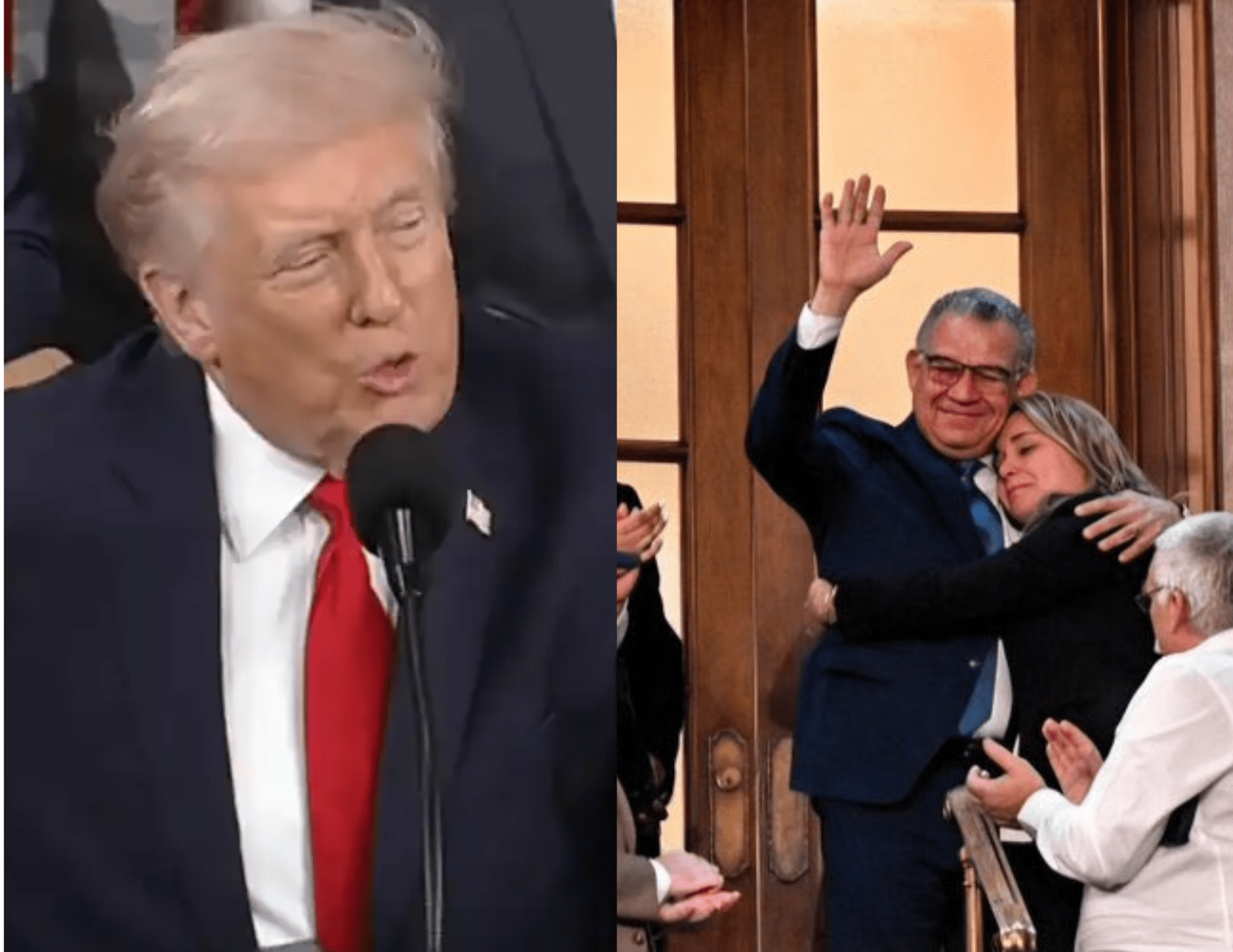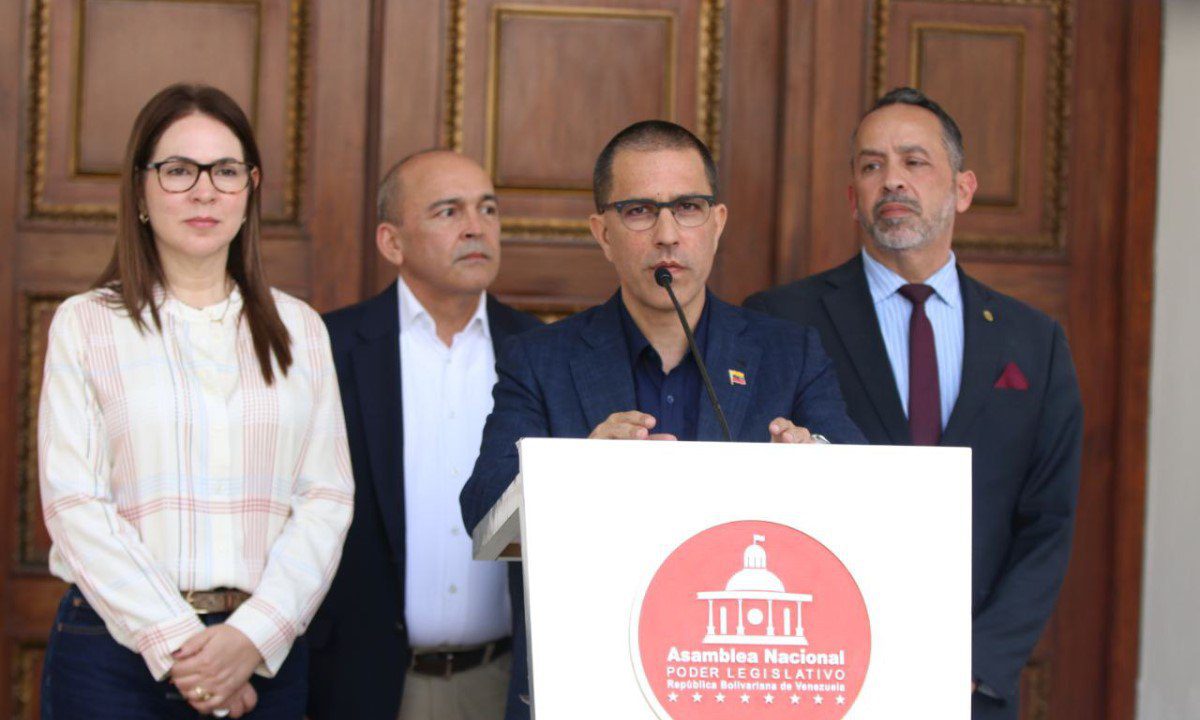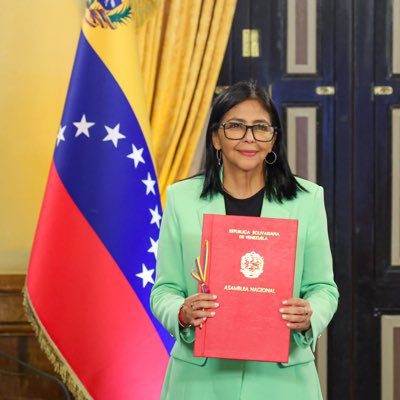Several deputies from the National Assembly elected in 2015 continue to control Venezuelan state assets abroad, even in 2025. They organize parliamentary sessions via video calls using platforms like Zoom.
Gucamaya, June 1, 2025. Venezuelan opposition groups known as the “Interim Government” and the “2015 National Assembly” are alleged to have diverted over $320 million from accounts of the Central Bank of Venezuela (BCV) in the United States since 2019.
These opposition-controlled entities reportedly granted themselves loans using BCV funds held at the Federal Reserve Bank of New York, totaling $322,544,350 as of April 30, 2025. This information comes from an internal report of the “Ad Hoc” BCV, which manages these accounts in the U.S.
According to former U.S. government officials, there was no oversight or monitoring of how these funds were used. The specific allocation of the “Ad Hoc BCV” funds remains unclear.
When the Donald Trump administration recognized Juan Guaidó’s “Interim Government” in 2019, it handed over Venezuelan state assets to opposition parties, including the Citgo refinery and several bank accounts containing BCV reserves. These parties, known as the “G4,” included Voluntad Popular (VP), Primero Justicia (PJ), Un Nuevo Tiempo (UNT), and Acción Democrática (AD).
Economist Francisco Rodríguez noted that the Interim Government may be using these funds in violation of the Constitution, which prohibits the central bank from financing deficit fiscal policies. The Interim Government and the 2015 National Assembly have no other formal revenue streams to repay these loans.
The Constitution also stipulates that the BCV cannot directly finance the Executive Branch. Thus, the temporary BCV board, appointed by the 2015 National Assembly, found a way to lend money to the Interim Government, effectively circumventing Article 320.
Meanwhile, the situation with “PDVSA Ad Hoc,” the parent company of Citgo also controlled by the opposition, differs as it has its own revenue from international subsidiaries. Despite having some control over these funds, no direct transfers from PDVSA Ad Hoc to the Interim Government or the National Assembly have been observed.
The management of these overseas funds by certain opposition parties has faced heavy scrutiny. There have been both formal and informal accusations of diverting public funds for partisan purposes, including misappropriation for personal gain.
In 2023, a coalition of 130 social organizations and 57 activists from 15 states urged both the official government and the opposition to activate the Social Protection Fund, an agreement discussed during negotiations in Mexico in November 2022. In an open letter, they stated that some of the funds held at the Federal Reserve could be accessed, provided certain minimum guidelines were followed.
This fund was supposed to be managed by the UN to ensure transparency and prevent misuse. Unfortunately, political disputes and legal barriers have delayed its implementation. Despite civil society groups presenting clear and feasible proposals, no progress has been made.
The handling of these funds by the opposition has reignited debates over the legality, transparency, and legitimacy of structures that emerged during Venezuela’s institutional crisis. The discussion remains open, and the situation continues to evolve, leaving many citizens awaiting answers and effective solutions.


